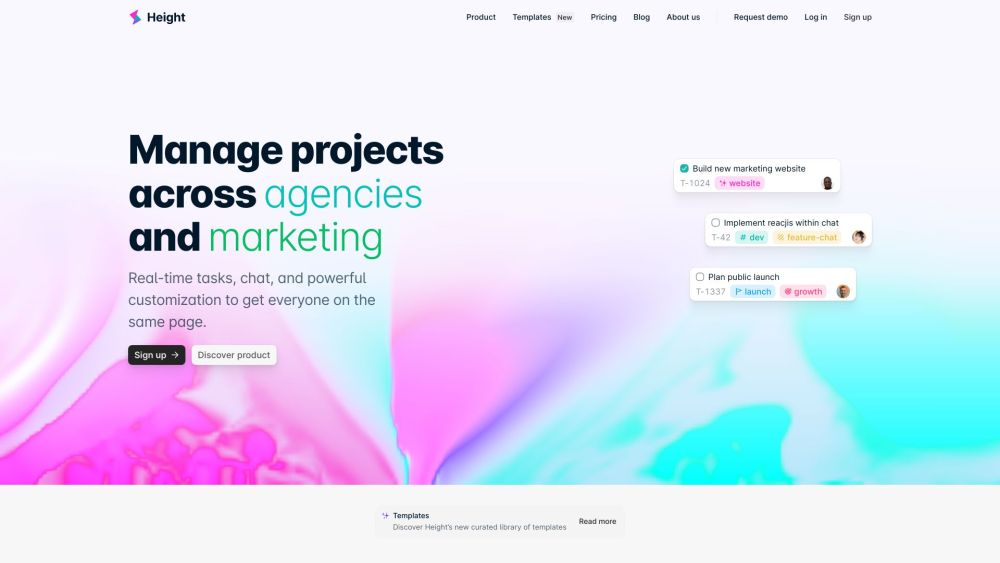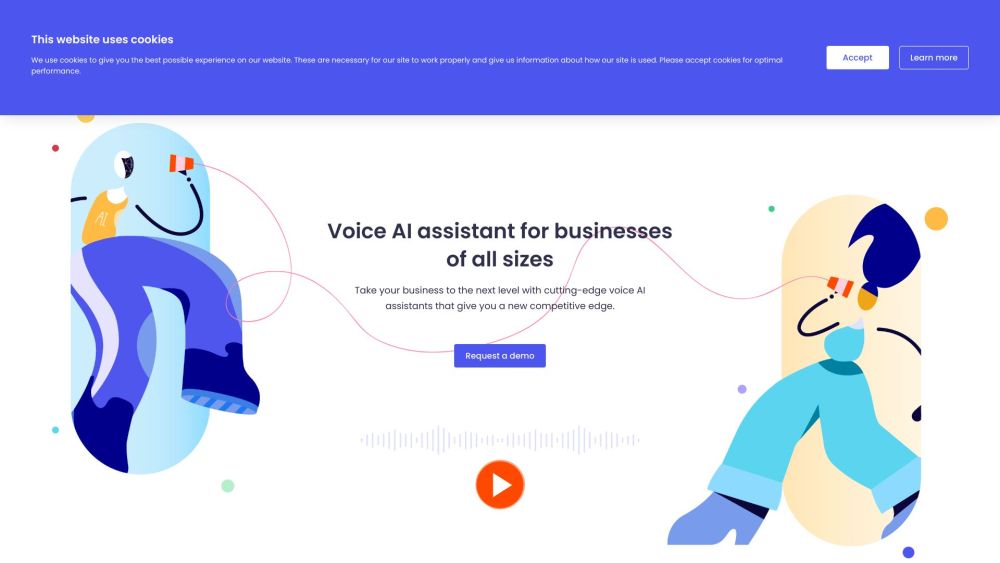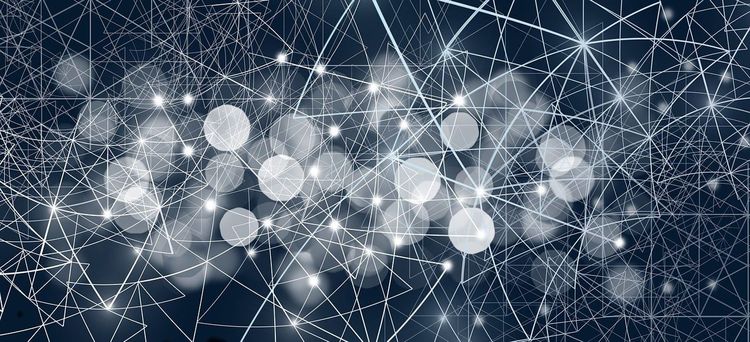At a recent alumni event for Y Combinator, OpenAI CEO Sam Altman provided valuable startup insights and discussed the future of artificial general intelligence (AGI). He also shared updates about the company’s forthcoming models, GPT-5 and GPT-6.
Altman warned that merely rebranding ChatGPT or making superficial improvements is not a sustainable business strategy. He noted that many companies attempting to address minor flaws in the GPT model or create a "better UI" chat app are unlikely to thrive.
He highlighted that OpenAI is committed to refining the GPT model while emphasizing that competitors can currently only match OpenAI in cost and speed. True success lies in delivering genuine uniqueness. Altman expressed enthusiasm for advancements in AI-driven medical consultations and personalized tutoring but cautioned against reckless fundraising without a clear direction.
OpenAI is exploring innovative uses of AI in education. For instance, in a recent GPT-4 project, the AI served as a virtual tutor for students and an assistant for teachers. There are also plans for the “OpenAI Academy,” a free online teaching platform expected to launch by year’s end, allowing educators to engage with large models and receive immediate feedback.
Altman shared exciting news about GPT-5 and GPT-6, indicating these models will offer improved multimodal output and greater customization compared to current versions. He anticipates that GPT-5 will introduce capabilities for speech recognition, synthesis, and emotional detection, along with various forms of multimodal alignment.
He noted that principles akin to "Moore's Law" are starting to apply to large models, leading to reduced training costs and lower prices for accessing GPT interfaces. As energy and computational costs decrease, Altman believes we’ll see the emergence of more powerful AI capabilities, paving the way for remarkable advancements.
However, he clarified that we remain far from achieving AGI. No chatbot currently replicates a true human conversational experience, and he doesn't believe interacting with AI feels like conversing with a "real" person. In his view, genuine AGI would involve self-reasoning and the capacity for acquiring knowledge over time, necessitating a cautious approach to AI outputs.
Altman envisions a future AGI era where, despite potential identity crises, society may not descend into chaos. He remarked, "We've navigated similar moments before; technology will ultimately become ubiquitous," contemplating the transformative possibilities on the horizon.






